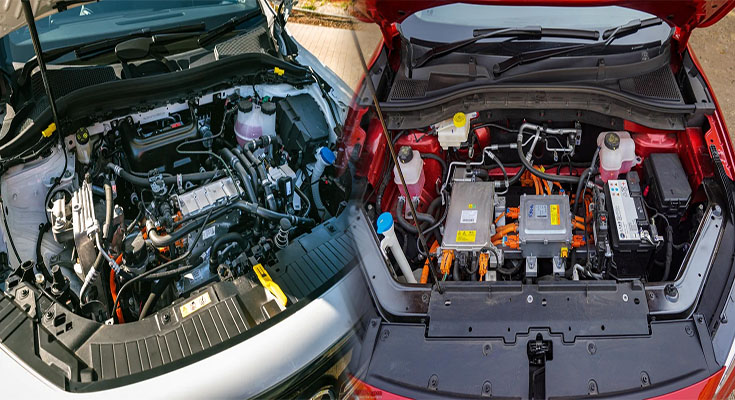
Applications of Machine Learning in Personalized Medicine: Revolutionizing Healthcare
Personalized medicine, also known as precision medicine, is transforming the healthcare industry by tailoring medical treatments to meet the unique characteristics of individual patients. One of the key technologies driving this revolution is machine learning. In this article, we will explore the exciting applications of machine learning in personalized medicine and the impact it has on patient care.
Understanding Machine Learning in Personalized Medicine
Machine learning involves the use of algorithms and statistical models that enable computers to learn from and analyze large volumes of data to make accurate predictions or decisions. When applied to personalized medicine, machine learning algorithms can process complex medical data, such as genomic data, electronic health records, and patient lifestyle information, to develop insights and recommendations specific to each patient.
Applications of Machine Learning in Personalized Medicine
- Risk Prediction and Diagnosis: Machine learning algorithms can analyze vast amounts of patient data to identify patterns and


